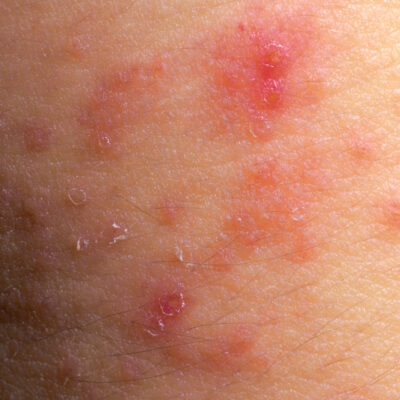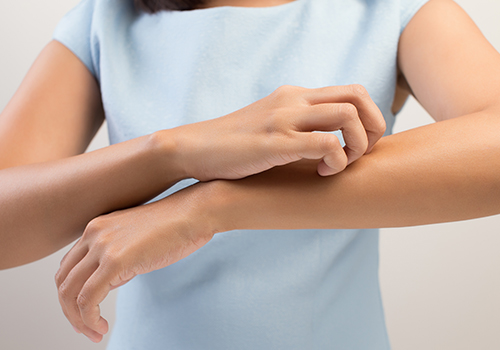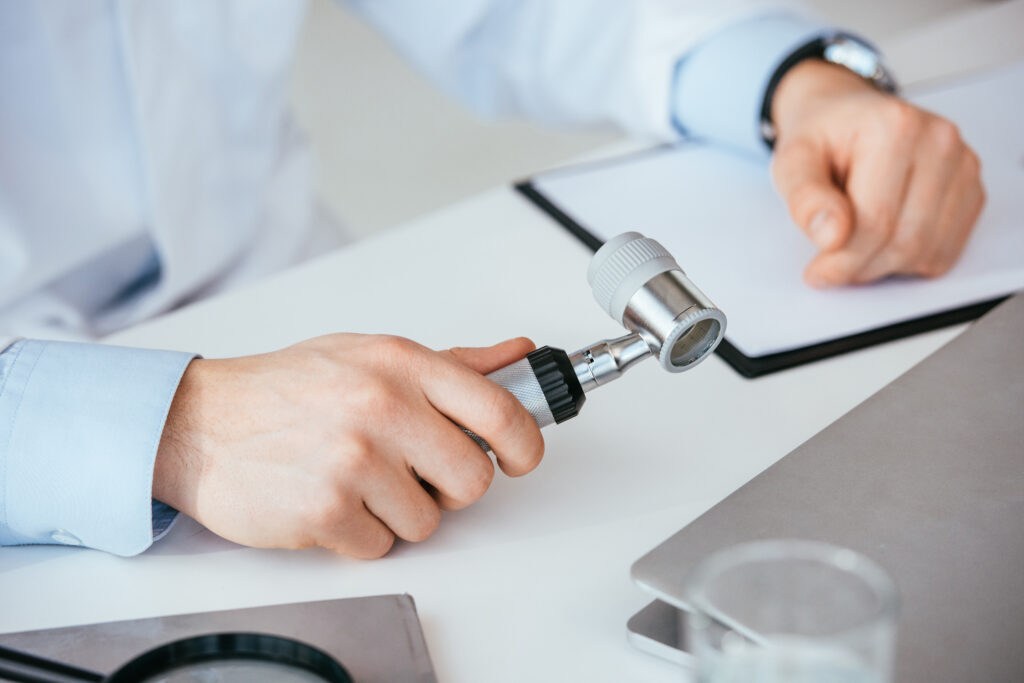
You may think that little white lies or casual omissions when talking to your dermatologist isn’t a big deal. No one likes to be judged, especially not by healthcare professionals, so what’s the harm in the occasional lie to make it seem like you take better care of yourself than you do or like you don’t do something that you know is bad for your skin?
In truth, telling lies to your dermatologist can prevent you from getting the care that you need, because you didn’t provide them with the information they need to help you with the issues you’re facing.
Why It’s A Bad Idea To Lie To Your Dermatologist
While some lies may seem harmless (“I only have one cup of coffee a day – definitely not multiple!”), it’s very important that you are open and honest with all of your medical providers, dermatologists included. Your dermatologist needs to know the full truth about your lifestyle and the things that you do in order to provide you with the best possible care.
Maybe you don’t wash your face, and you don’t want your dermatologist to lecture you about it – but not washing your face could be the reason why you’re struggling with acne more than usual. So, as tempting as it may be to withhold information or lie, be honest with your dermatologist. It’ll be much better for you in the long run!
Trust is a two-way street, after all. How is your dermatologist going to be able to properly help you with your skin issues if you’re lying to them? You go to the dermatologist for their medical expertise – and in order to provide you with that, your dermatologist needs to be able to trust you to be open and honest with them so that they can provide you with the appropriate care for your needs.
If you’re lying to your dermatologist, they’ll probably find out eventually, but it may be too late to properly help you. In order to provide you with the proper treatment for your skin issues, your dermatologist needs you to be honest about your habits and lifestyle.
Common Lies People Tell Their Dermatologist
Here are some common lies that people tell their dermatologists that you really shouldn’t.
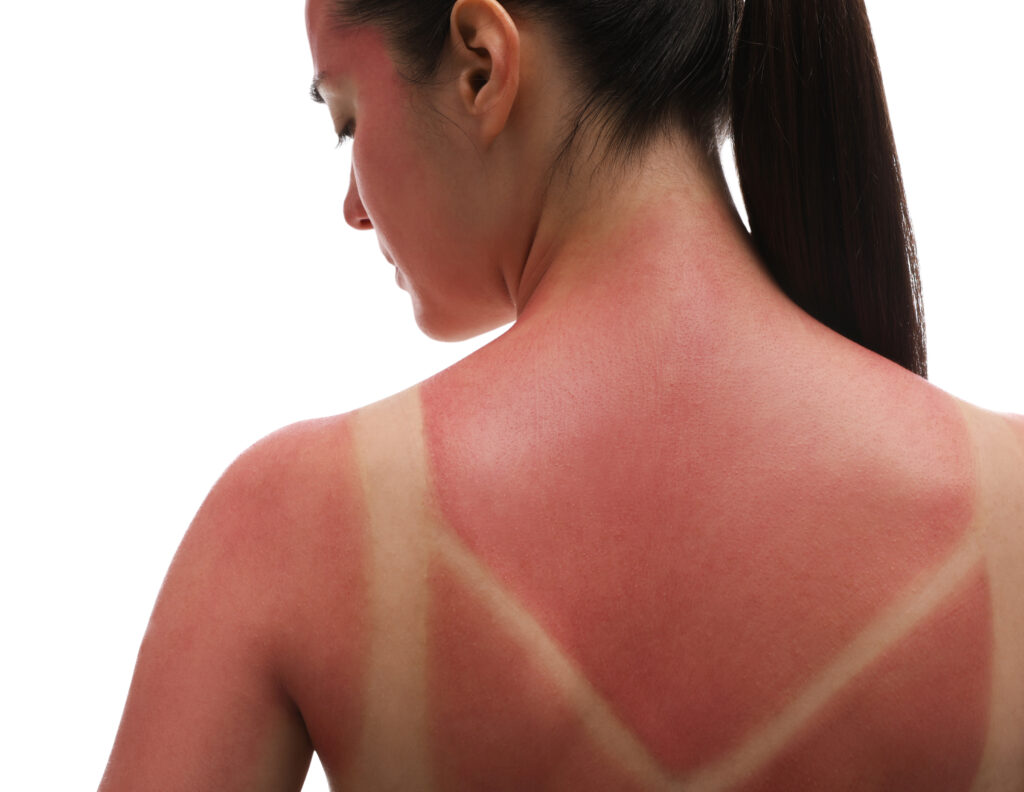
#1. “I Wear Sunscreen Everyday.”
Sunscreen can be tricky. It can take trial and error to find one that works for you, that doesn’t leave a white cast and that blends nicely into your skin. Many people skip sunscreen because they underestimate its importance or none of the ones that they’ve tried work with their skin. Some people don’t like the smell of sunscreen, others struggle with it making their skin shiny, others find that it makes their makeup peel, and others still find that their skin has adverse reactions to it.
Not wearing sunscreen puts you at higher risk for skin cancer and increases the likelihood of premature skin aging. Sun damage isn’t always visible – yet skin cancer is the most common type of cancer in the United States. Plus, if you’re in your 20s and you have premature wrinkles, not wearing sunscreen could be the reason why they appeared. Sunscreen is essential to protect your skin from both of these issues.
Don’t lie to your dermatologist about why you don’t wear sunscreen everyday. If there’s anyone who can help you find a sunscreen that works for you, it’s your dermatologist. Even if you have temperamental skin, your dermatologist will be able to make recommendations for products that both work with your skin and shield it from the sun. Taking a minute out of your day to put sunscreen on is a small price to pay in order to protect yourself from skin cancer.
#2. “I Don’t Pop My Pimples.”
Whether acne is a persistent problem for you or whether you only get the occasional pimple, not popping your pimples is something that we all know we shouldn’t do… But it can be so satisfying. Since it’s a habit that you know you shouldn’t have, it may seem harmless to lie to your dermatologist and claim that you never pop your pimples.
However, you should let your dermatologist know if you do this. This is because popping your pimples can lead to infection and scarring. Your dermatologist may be able to safely extract your pimples, as well as give you recommendations for acne-prevention and what to do when pimples rear their pesky heads.
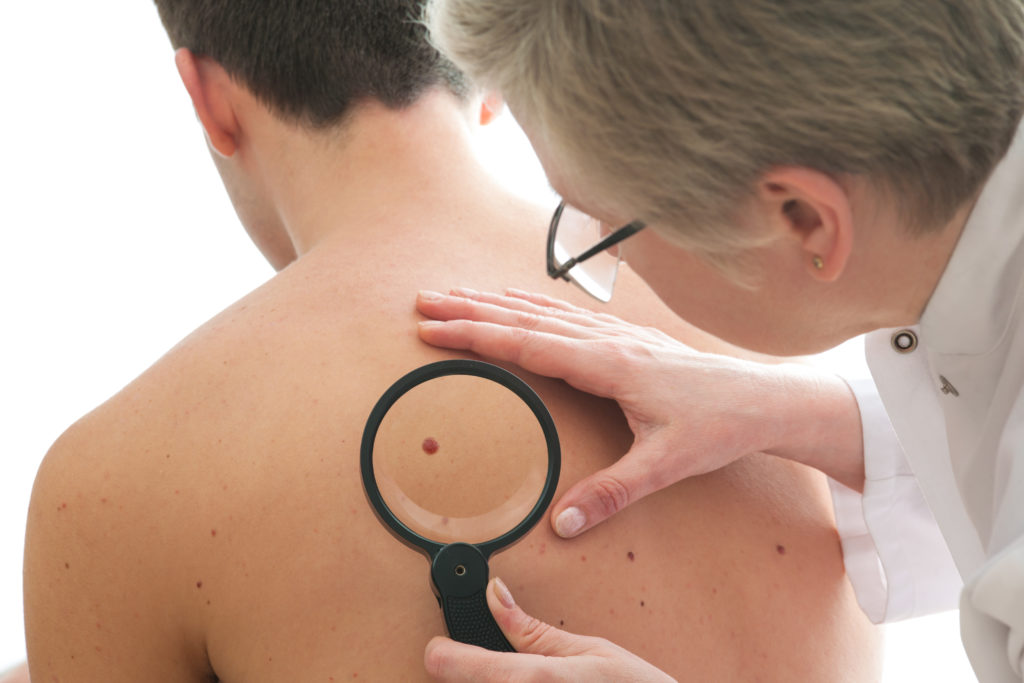
#3. “I’ve Had This Mole Forever.”
Don’t assume that you know all the moles and freckles that are on your body. They can come and go, and sometimes they’re in hard-to-see places, so you may not know about their existence at all. If your dermatologist points out a mole you didn’t know about, just be honest and tell them that you didn’t know.
It’s important for your dermatologist to know whether freckles and moles are new or not. While most moles are benign, some can indicate more serious skin issues. If you have new or changing moles, have them checked out by your dermatologist to ensure that they’re benign and not something to be worried about. If they are something to worry about, have them treated sooner rather than later.
#4. “You’re The First Person I’ve Seen For This.”
It may seem harmless to lie to your dermatologist and tell them that you’ve never seen anyone else for the skin issues you’re seeing them for. You may think that this is a good thing and a way to get a fresh perspective that isn’t colored by what’s been done already.
However, your dermatologist needs to know what tests have already been done and what treatment methods you’ve already tried. That way, they can know what’s worked and what hasn’t. If they’re not the first person you’ve seen for an issue, it’s helpful for them to know why you’re seeing someone new for it, whether it be something as simple as not liking the first dermatologist that you went to, not feeling heard by previous dermatologists, or wanting another opinion on an issue.

#5. “I Wash My Face Every Day.”
A lot of people think that washing your face everyday is frivolous. So, it may seem harmless to lie to your dermatologist and say that you wash your face every day when you really don’t. However, washing your face is important in order to remove sweat, oil, makeup, and the like. If you don’t wash your face, this could be a contributing factor to why you are struggling with acne or another skin issue.
#6. “I Rarely Smoke/Have Sweet Treats.”
Many people lie to their dermatologists and claim that they smoke or have sweet treats far less frequently than they actually do. It’s so common, in fact, that doctors and dermatologists tend to round up the numbers that you do give them.
While you may think that it’s none of your dermatologist’s business, the truth is that when it comes to your health, your habits are your doctor’s business. This is because each habit can either help or harm you, and those effects need to be taken into account when providing advice and treatment options. If you’re lying about your habits, you could end up contributing to the problems you’re suffering from.
#7. “I Use My Acne Medication Every Day.”
It takes about a month to notice a difference when it comes to skin cell turnover. Unfortunately, acne medication is not a miracle worker. It’s not something that you can use once or twice and then voila! Clear skin! It’s something that you need to be consistent with in order to notice results.
Now more than ever before, people want immediate results. But the truth of the matter is that skin changes take time. In order for acne medication to work, it needs to be used as recommended. If you lie to your dermatologist and tell them that you’re taking your medication every day when you’re not, this impacts your care.
If there’s a reason why you’re not taking your acne medication every day, your dermatologist needs to know so they can provide advice or adjust your care appropriately.
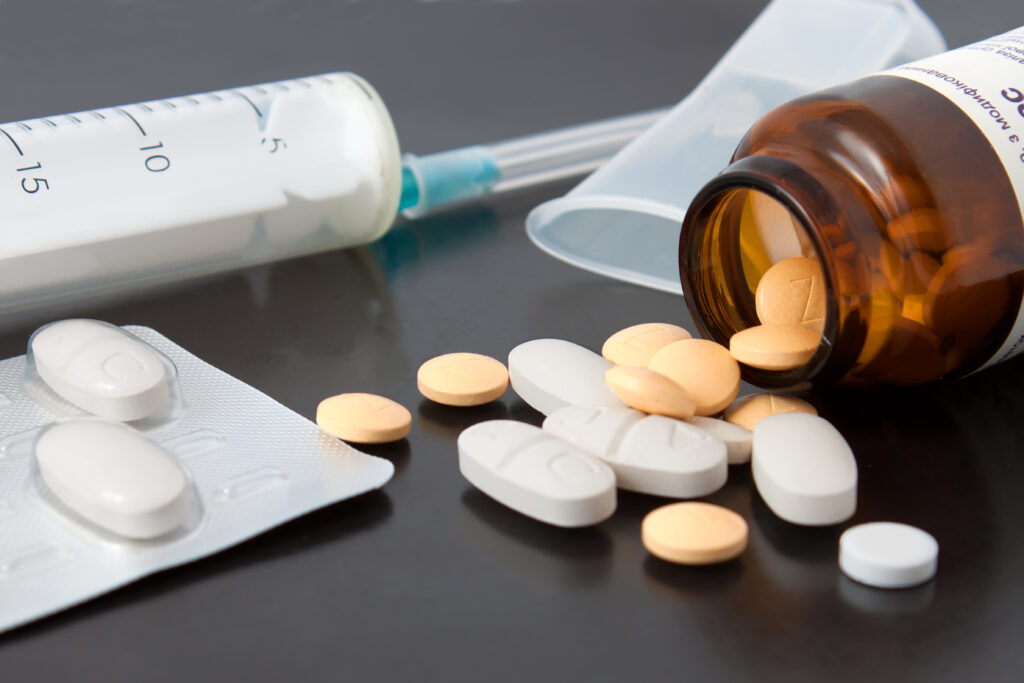
#8. “I’m Not On Any Medications/Don’t Take Any Supplements.”
It’s important to be honest about all medications and supplements you are taking with your dermatologist. The reason for this is because certain medications and supplements can impact your skin or could cause adverse reactions when mixed with other medications.
For example, many people take St. John’s Wort for depression and anxiety. However, this makes your skin more sensitive to the sun. Your dermatologist would need to know this to ensure that you’re getting appropriate sun protection.
There’s always the potential for medications and/or supplements that you are taking to have a bad mix with something your dermatologist prescribes or recommends. In order to avoid complications, some of which can be life-threatening, your dermatologist needs to know everything that you’re taking so that they know how it may be impacting your skin and what is safe to prescribe you.
#9. “I’m Not Pregnant.”
Lies about pregnancy may not seem like a big deal when it comes to your dermatologist – after all, it’s not like your dermatologist is involved in prenatal care, right? Dermatologists don’t usually perform pregnancy tests, after all. Even if you’re not sure whether or not you’re pregnant, but there’s a chance, you should let your dermatologist know.
The reason why your dermatologist should know whether or not you’re pregnant or you could be is because pregnancy can cause all sorts of different dermatological changes.
Some common skin changes that people experience during pregnancy include:
- Acne
- Dark spots on your breasts, nipples, or inner thighs
- Melasma (brown patches on your face)
- Changes in nail and hair growth
- Stretch marks
- Spider veins
- Varicose veins
- Linea nigra (a dark line from your navel to your pubic hair)
Are You Struggling With Skin Issues?
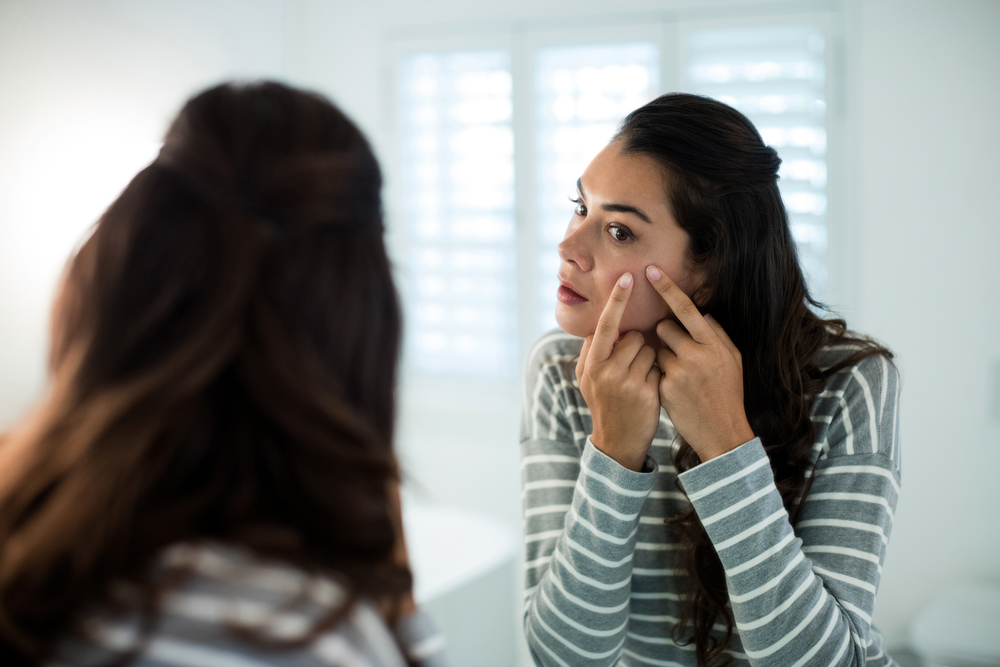
If you’re struggling with skin issues, don’t hesitate to be honest with your dermatologist about everything you’re experiencing. You go to a dermatologist to get professional help, and in order to provide you with that, your dermatologist needs you to be completely honest with them. Don’t lie to your dermatologist or leave out even seemingly minor details, as they could impact the recommendations for care that you receive.
Allen-Taintor Dermatology is here to provide you with personalized dermatology services. Contact us today to schedule an appointment and let us help you keep your skin healthy and happy.

